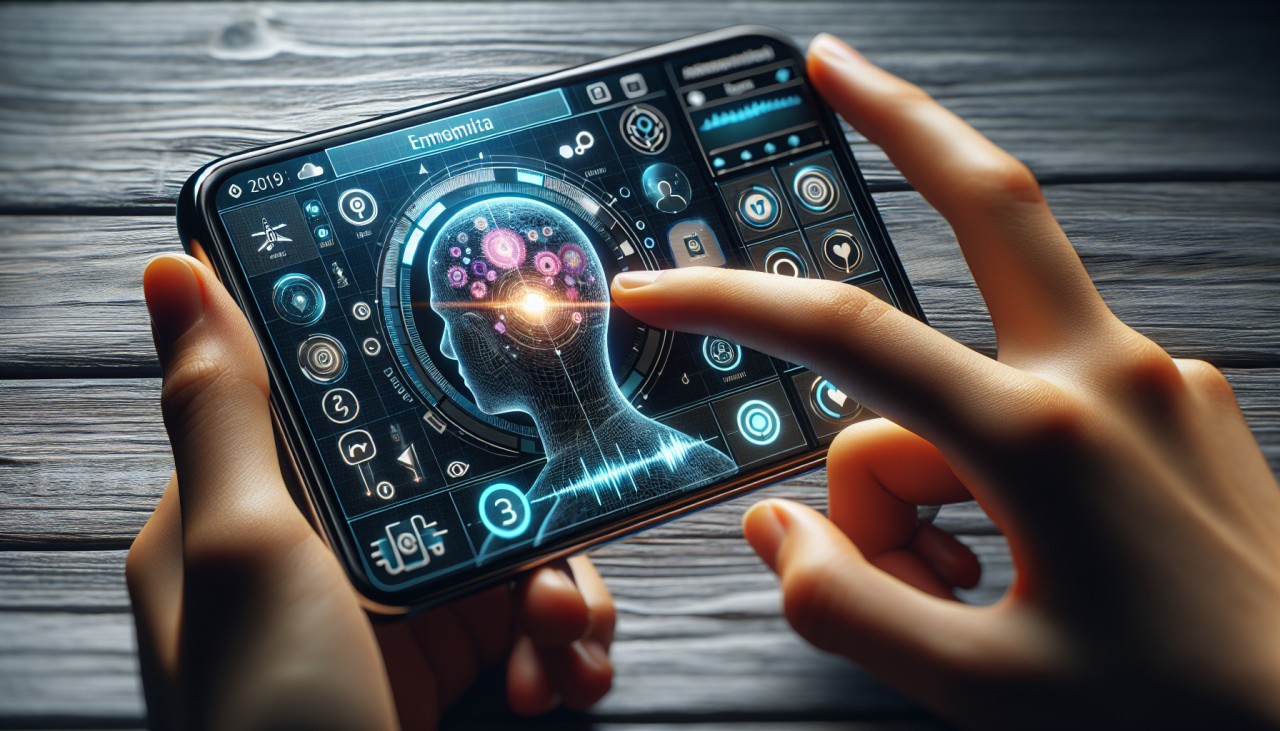Artificial intelligence (AI) is revolutionizing mental health care by offering innovative solutions that enhance diagnostics, personalize treatments, and improve accessibility. AI algorithms analyze large datasets, including brain imaging and behavioral data, to detect biomarkers associated with mental health conditions, leading to more accurate and timely diagnoses. For instance, AI systems can differentiate between unipolar and bipolar depression by analyzing medical scans, enabling early intervention and tailored treatment plans. Additionally, AI-powered tools like chatbots and virtual assistants provide 24/7 support, offering cognitive behavioral therapy exercises, symptom tracking, and early intervention strategies. These technologies bridge care gaps, especially in underserved or remote areas, making mental health support more accessible to a broader population.
Despite the promising advancements, it's crucial to recognize that AI should augment, not replace, human therapists. While AI-driven tools have shown effectiveness in managing mild to moderate mental health conditions, complex or high-risk cases still require the nuanced understanding and relational depth that human clinicians provide. The therapeutic alliance—the relationship between patient and clinician—is a significant factor in treatment outcomes, accounting for up to 30% of positive results. Therefore, integrating AI into mental health care should be approached thoughtfully, ensuring that it complements traditional therapeutic methods and enhances overall patient care.
Key Takeaways
- AI enhances diagnostic accuracy by analyzing large datasets.
- AI-powered tools provide 24/7 support and personalized treatment plans.
- AI should augment, not replace, human therapists.
- The therapeutic alliance is crucial for treatment outcomes.
- Integrating AI thoughtfully can enhance overall patient care.
Example
To incorporate AI into your daily mental health routine, consider using AI-powered apps like Woebot or Wysa. These platforms offer on-demand emotional support, cognitive behavioral therapy exercises, and mindfulness techniques, providing accessible and personalized care. While these tools are beneficial for managing mild to moderate mental health conditions, it's essential to consult with a mental health professional for complex or high-risk cases. Combining AI-driven support with traditional therapy can offer a comprehensive approach to mental well-being.
